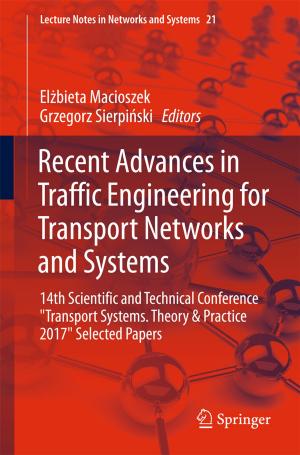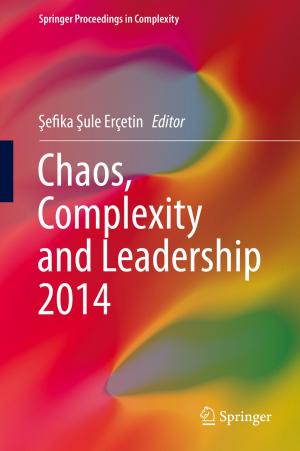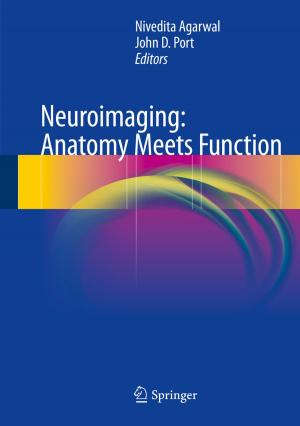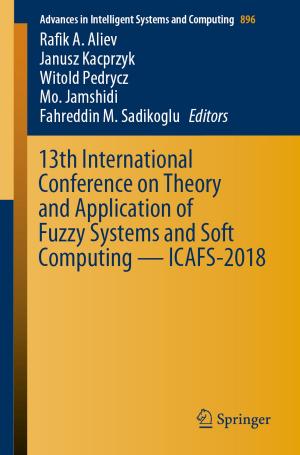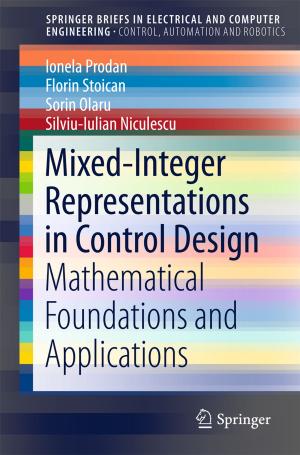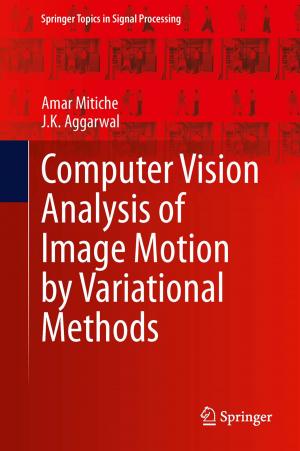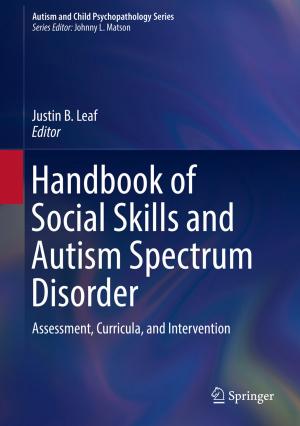Challenges and Strategies in Teaching Linear Algebra
Nonfiction, Reference & Language, Education & Teaching, Teaching, Teaching Methods| Author: | ISBN: | 9783319668116 | |
| Publisher: | Springer International Publishing | Publication: | February 1, 2018 |
| Imprint: | Springer | Language: | English |
| Author: | |
| ISBN: | 9783319668116 |
| Publisher: | Springer International Publishing |
| Publication: | February 1, 2018 |
| Imprint: | Springer |
| Language: | English |
This book originated from a Discussion Group (Teaching Linear Algebra) that was held at the 13th International Conference on Mathematics Education (ICME-13). The aim was to consider and highlight current efforts regarding research and instruction on teaching and learning linear algebra from around the world, and to spark new collaborations. As the outcome of the two-day discussion at ICME-13, this book focuses on the pedagogy of linear algebra with a particular emphasis on tasks that are productive for learning.
The main themes addressed include: theoretical perspectives on the teaching and learning of linear algebra; empirical analyses related to learning particular content in linear algebra; the use of technology and dynamic geometry software; and pedagogical discussions of challenging linear algebra tasks.
Drawing on the expertise of mathematics education researchers and research mathematicians with experience in teaching linear algebra, this book gathers work from nine countries: Austria, Germany, Israel, Ireland, Mexico, Slovenia, Turkey, the USA and Zimbabwe.
This book originated from a Discussion Group (Teaching Linear Algebra) that was held at the 13th International Conference on Mathematics Education (ICME-13). The aim was to consider and highlight current efforts regarding research and instruction on teaching and learning linear algebra from around the world, and to spark new collaborations. As the outcome of the two-day discussion at ICME-13, this book focuses on the pedagogy of linear algebra with a particular emphasis on tasks that are productive for learning.
The main themes addressed include: theoretical perspectives on the teaching and learning of linear algebra; empirical analyses related to learning particular content in linear algebra; the use of technology and dynamic geometry software; and pedagogical discussions of challenging linear algebra tasks.
Drawing on the expertise of mathematics education researchers and research mathematicians with experience in teaching linear algebra, this book gathers work from nine countries: Austria, Germany, Israel, Ireland, Mexico, Slovenia, Turkey, the USA and Zimbabwe.

